Elon Musk founded SpaceX in 2002, one of the ultimate goals of this company is to turn humanity into a multi-planetary species, creating a sustainable colony on Mars.
The billionaire has revealed details of a future Mars settlement, including the idea of a ‘glass dome’ that acts as a temporary habitat while the planet is terraformed, and the use of hydroponic farms to produce fruits and vegetables for the settlers.
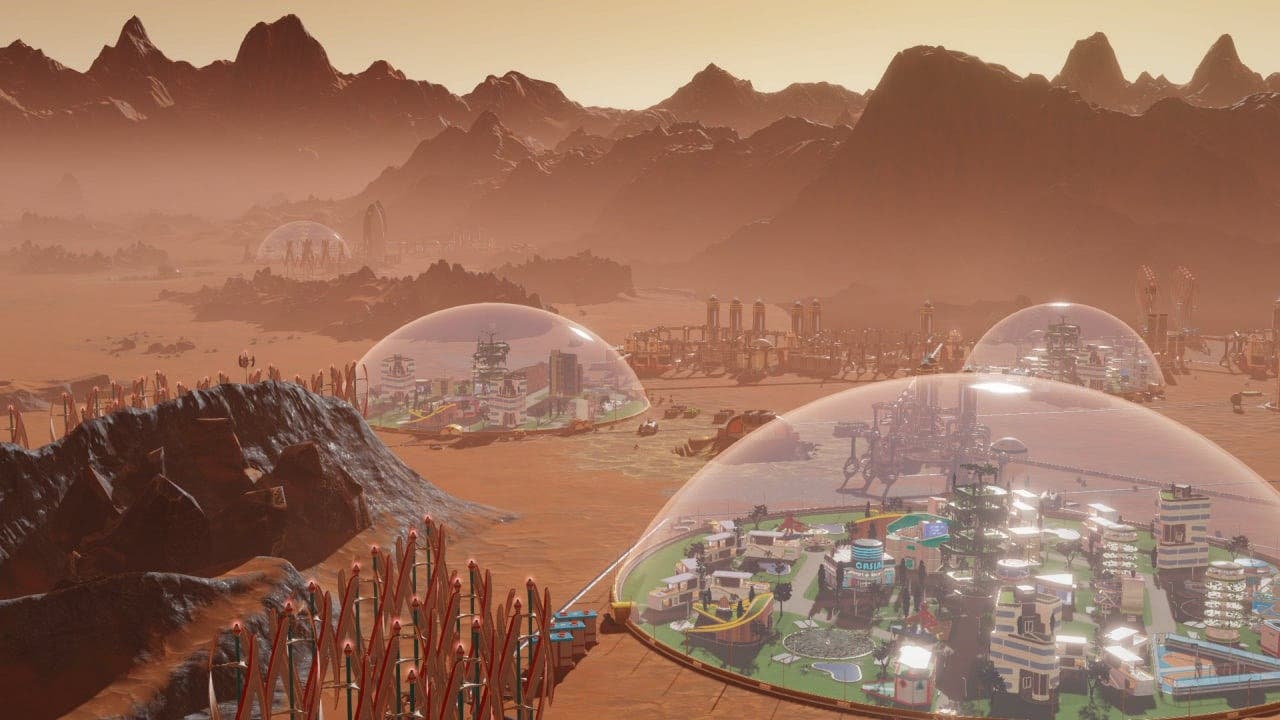
As the Starship rocket is scheduled for an unmanned flight to the Red Planet in 2024, experts are starting to look at what it takes for humans to settle on Mars. Future people living on Mars will have to eat a vegan diet due to very limited food sources.
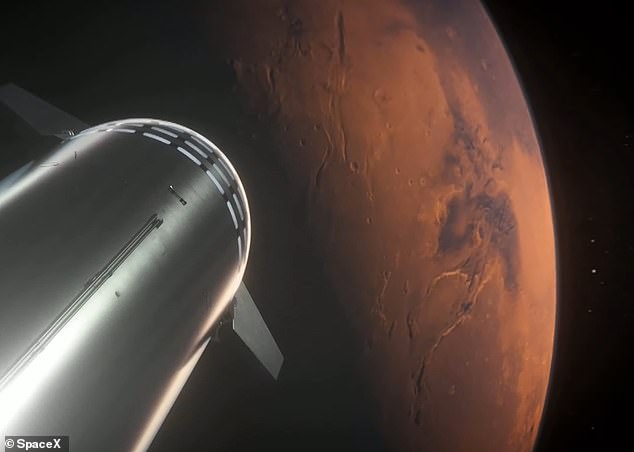
Illustration of a Starship rocket to the Red Planet
Scientist John K. Strickland from the US National Space Association, has studied this problem, and commented that if the diet of fish is maintained, the number of people living in a dome on Mars must decrease. half that of going vegan.
A community of about 5,000 people who eat only plants, he said, could be sustained by a roughly 900,000-square-foot farm – spread over four floors, with materials and seeds brought to Mars by Starship.
Elon Musk wants a fully self-sustaining, thriving city on Mars by 2050.
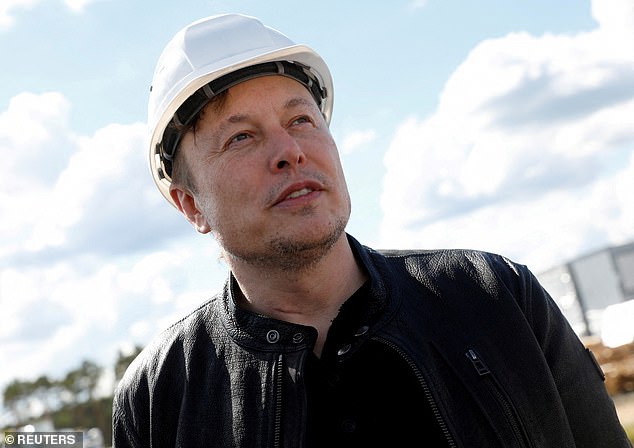
Musk explained: “Earth is ~4.5 billion years old, but life is not yet a multiplanet and it is uncertain how much time we have left.”
“In that first phase of colonization, the inhabitants of Mars will have to get used to a vegan diet, but the next really big thing is building a self-sustaining city. on Mars and get the animals and creatures on Earth there,” Musk told Time.
Strickland says that to reach Musk’s goal, it will take about 5,000 Starship trips, each carrying 200 tons of cargo, before food can be produced on Mars.
Once all the equipment arrives, food production can begin, and Strickland says the initial growing area will require about 185 square feet and 100 kilowatts of electricity per person.
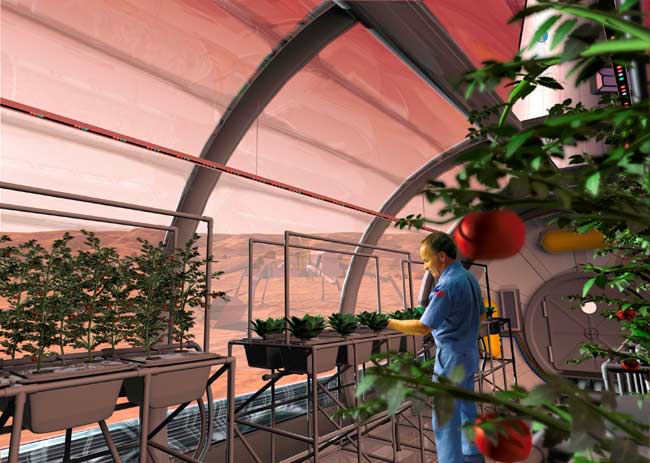
This means that for an initial construction team of about 100 people, Musk would have to plan for 10 megawatts of electricity and nearly 18,500 square feet of growing space.
He said a significant amount of electricity would be needed to support 5,000 people, about 500 megawatts of electricity.
On Earth, a 500 megawatt power plant would be enough to power at least 50,000 homes. However, that does not include industry and food production, which any factory on Mars would have to support.
Since there are no fossil fuels on Mars, solving the energy problem will be very difficult, as installing huge solar panels on Mars, where there is weaker sunlight will not be. effective as on Earth.
Some of this energy could be used to assist geologists in finding mineral sites that could be used to produce building materials.

“Geologists will be able to investigate a large area around a base or settlement, possibly uncovering mineral deposits of great value to the settlement.,” Strickland said.
He suggested that instead of going it alone, SpaceX should take the lead and partner with NASA, as this would allow resources to be pooled around a single residence.
SpaceX is not the only agency aiming to land humans on Mars, China and the US both hope to reach the Red Planet by the late 2030s. Last year, in preparation for sending astronauts Going to Mars, NASA has begun recruiting volunteers for a year at Mars Dune Alpha, with the number of 4 people. Mars Dune Alpha is a simulated Mars-like habitat, measuring nearly 160 square meters, created by 3D printing technology and located inside a building at the Johnson Space Center in Houston.
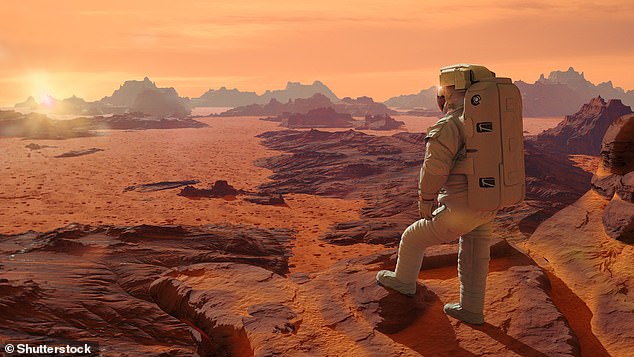
Strickland thinks that as the settlement on Mars grows larger, it will become more important and become humanity’s second home.
In the past, Musk has suggested sending nuclear weapons to Mars, as a way of causing the greenhouse effect and helping to form a thicker atmosphere. However, he doesn’t believe it can be done in the short term, as it would take hundreds, or thousands of years, to create an Earth-like ecosystem.
That’s why Musk is promoting the development of dome cities, allowing people to stay safe while living on the surface of another world.
Reference: Mail
